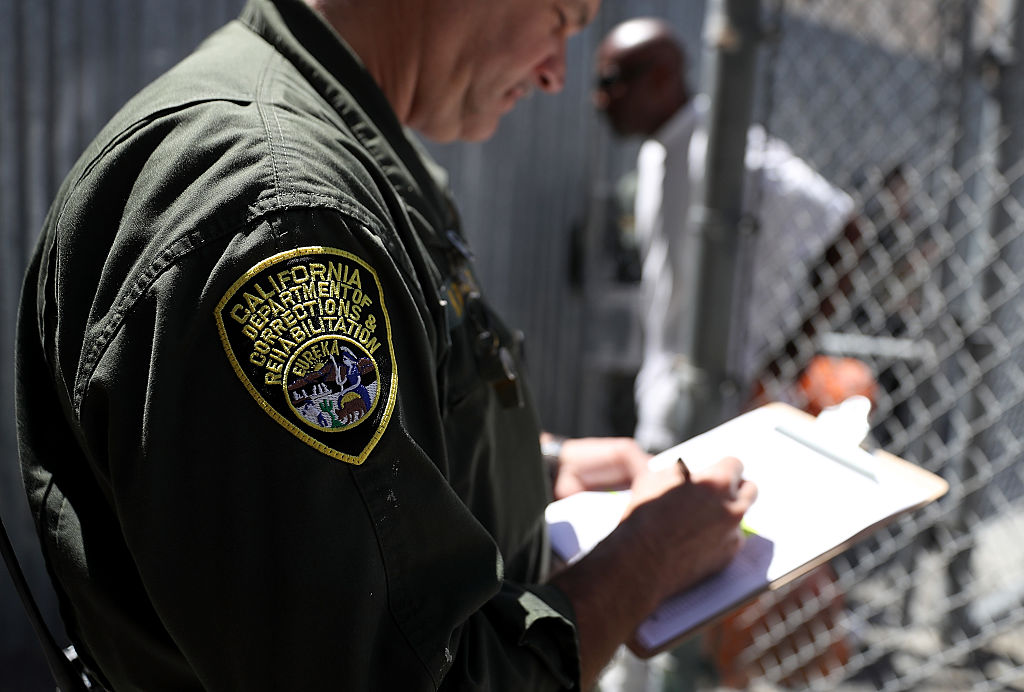NBC 7’s education reporter Rory Devine heard from critics and supporters of the President-elect’s latest decision.
President-elect Donald Trump’s pick to lead the Department of Education is re-igniting an old debate about choice of schools.
Betsy DeVos has been a champion of vouchers and charter schools in her home state of Michigan.
“She spent the past two decades working to dismantle the public education system, especially in Michigan where she has pushed voucher programs.” said Lindsay Burningham, President of the San Diego Teacher’s Association.
Critics, like Burningham, claim vouchers would drain money from public schools, as charter schools already do. They also said charters are not held to the same standards as public schools that must educate all students.
“Even in San Diego, there are concerns over discriminatory admissions and expulsion practices,” Burningham said.
“I think it's a fabulously positive movement and idea that should be implemented throughout America,” said Sam Hardage, former chairman of the San Diego County Republican Party. “The unions don't like it because they lose their mandatory union representation.”
Hardage said school choice creates competition and gives students stuck in failing schools a way out. He added that it does not drain money from public schools.
Local
“If you have a really good public school, you're going to have a full school, but you give the choice to the parent, to the kid," he said. "What’s wrong with competition?”
But Burningham said parents in the San Diego Unified School District already have a choice.
“Parents can come in and have access to bilingual programs and many magnate schools,” she said.
Burningham told NBC 7, she is worried that with DeVos at the helm, federal money could be redirected toward vouchers and away from schools such as Hoover High. It's one of many schools in San Diego that receives Title I money, to provide programs for needy students.
“We're going to do everything in our power not to let her harm our students”, she said.
In response, Hardage said: “Betsy DeVos has been a real leader in advocating for kids throughout the United States to have the opportunity to go to good schools even though they don’t have the financial resources."



